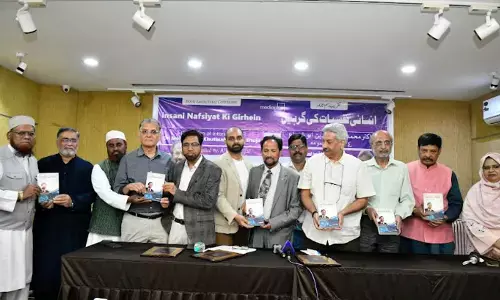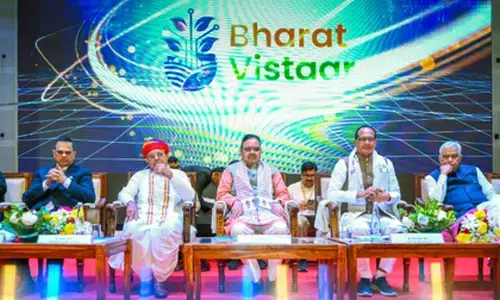US, UK, 3 others confirm $1.4 bn arbitration award

US, UK, 3 others confirm $1.4 bn arbitration award
It now opens the possibility of the British firm seizing Indian assets in those countries if New Delhi does not pay
New Delhi: Courts in five countries including the US and the UK have given recognition to an arbitration award that asked India to return $1.4 billion to Cairn Energy plc - a step that now opens the possibility of the British firm seizing Indian assets in those countries if New Delhi does not pay, sources said. Cairn Energy had moved courts in nine countries to enforce its $1.4 billion arbitral award against India, which the company won after a dispute with the country's revenue authority over a retroactively applied capital gains tax.
Of these, the December 21 award from a three-member tribunal at the Permanent Court of Arbitration in the Netherlands has been recognised and confirmed by courts in the US, the UK, Netherlands, Canada and France, three people with knowledge of the matter said. Cairn has started the process to register the award in Singapore, Japan, the United Arab Emirates and Cayman Islands, they said. The registration of the award is the first step towards its enforcement in the event of the government not paying the firm.
Once the court recognises an arbitration award, the company can then petition it for seizing any Indian government assets such as bank accounts, payments to state-owned entities, airplanes and ships in those jurisdictions, to recover the monies due to it, they said. So far the government has not directly commented on honouring or challenging the Cairn arbitration award, but Finance Minister Nirmala Sitharaman had last week indicated of going in for an appeal. Cairn's shareholders, who include top financial institutions of the world, want the company to go for enforcement action should New Delhi fail to pay it. While the company spokesperson wasn't reachable for comments, Cairn had on Sunday stated that it will "begin meetings this week with shareholders in the UK and US, with the international arbitration award high on the agenda."
"The company met the Government of India last month and is taking all the necessary steps to protect their shareholders' interests," it had said. The tribunal had on December 21 ruled that the government breached an investment treaty with the UK and was therefore liable to return the value of shares it had seized and sold, dividend confiscated and tax refund stopped to adjust Rs 10,247 crore tax demand.
Cairn in its filings to the courts in the nine countries is seeking "to confirm this final and binding award under the New York Convention and commence enforcement proceedings to recover the losses caused by (India's) unfair and inequitable treatment of their investments." After losing in the Supreme Court a case against levying tax on capital gains made in the 2007 sale by Hutchison of its India business to Vodafone for $11.2 billion, the government had in 2012 enacted legislation that gave it powers to tax such deals retrospectively.
Thereafter, the tax department raised demands on Vodafone as well as Cairn over alleged capital gains it made on reorganising its India business prior to its listing. But unlike Vodafone where no enforcement action was taken, it seized and sold Cairn's residual stake in the India unit, confiscated dividends due from such holding, and stopped tax refund due to it.
The Hague panel found that a 2012 law passed by the Indian Parliament was a new tax, not a clarification of prior law that could be applied to earlier years. Formally, the Convention on the Recognition and Enforcement of Foreign Arbitral Awards, the United Nations-backed document requires courts of contracting states to allow private agreements for arbitration and to recognize and enforce resulting awards from other contracting states.







